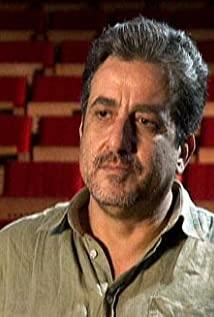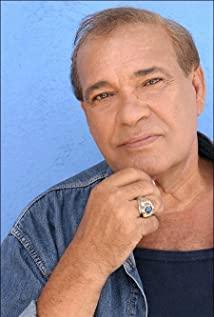After reading it, I understood why the short comment would say "I want to die for the heroine in the end." The director cleverly uses a small court as a microcosm to fully and comprehensively demonstrate the protection of marriage and the oppression of women by the patriarchy. As the long court trial progressed, we seemed to be able to see how the director’s calm and deep eyes penetrated the lies of the patriarchy, and through the witnesses of the plaintiff and the defendant and their respective statements, they showed us the truth of the marriage. The text is very solid, depicting this complicated and desperate marriage only through dialogue, and the characters’ motives and positions are also cleverly hidden in the testimony and arguments. The wife of the defendant witness’s neighbor’s house is a good example. The change of her attitude before and after her husband's presence and absence was circuitous but smooth and natural. I like the fact that the neighbor’s husband has to be present when his wife testifies. It’s very clever. There are many contrasts in the film, such as the defense styles of the lawyers of both sides, the testimony of the witnesses of both sides, the bias of the judge, etc. Why did the wife's (plaintiff's) female witnesses speak up slightly, that is, they were warned by the judge or even sent out of the court, while the husband's (defendant) male defense lawyers made a large number of emotional and unsubstantiated accusations against the plaintiff, almost yelling, without being pressed once? Pause button? Why does it take a wife three to five years for a divorce, but the husband can go back in court again and again? In the same society, two sets of norms are imposed on women and men. Women must be "dignified and good wives," while men are allowed to "deadly be a teenager." Why does the lawyer defending his wife need to prove that he has not fallen in love with the defender's innocence, while the brother defending his husband does not need to avoid suspicion? Patriarchy and its advocates are not only oppressing women, but also intending to humiliate every man who stands on the same side of women. The defendant's defense lawyer, the defendant's younger brother, and the defendant's witnesses repeatedly mentioned that the wife did not "respect" the husband. However, "I can agree to the divorce and complete the divorce ceremony, but you can't have another man if you are divorced." Does a man want "respect" or "obedience" to a woman? Even if the marriage certificate is torn off, a woman is required to "keep chastity" for him. When he is a chaste dog in an invisible rope, he is the only instrument of his desire. When can a man regard a woman as a thinking, feeling, capable, and independent person, instead of a piece of white jade that he wears with him, is silent and docile, and cannot be tainted by other men? This film is very suitable for the stage, a little adaptation is a masterpiece. May the director and heroine Ronette Alkabez rest in peace.
View more about Gett reviews











